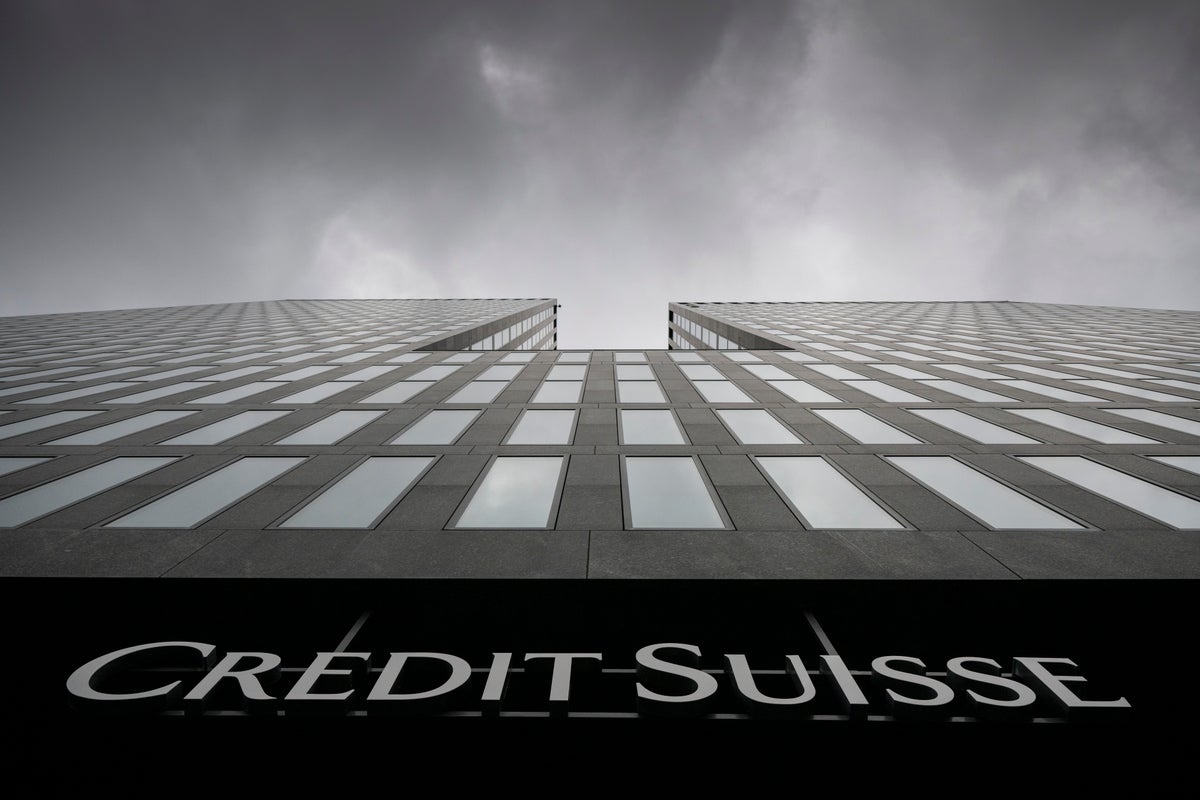
Swiss regulators have found that Credit Suisse made a “serious breach” of law in connection with a now-bankrupt firm linked to Australian financier Lex Greensill and have opened a probe that could lead to penalties against four former bank managers.
Switzerland's financial markets authority, FINMA, said Tuesday that it has concluded enforcement proceedings opened two years ago against Credit Suisse after bank partner Greensill Capital went bankrupt. At the time, Credit Suisse closed four funds linked to the partnership, in which bank clients had invested about $10 billion.
Credit Suisse's problematic ties to Greensill Capital were one of a string of troubles that have led in part to repeated shake-ups of top management and corporate restructurings in recent years. Greensill Capital also was the target of inquiries in the United Kingdom, with accusations that the firm founded by Greensill, an ex-adviser to former British Prime Minister David Cameron, won lucrative government contracts before going bust.
In Switzerland, FINMA said that in closing its probe, top executives at Credit Suisse will now be required to periodically review about 500 of its most important business relationships and record the responsibilities of about 600 of its highest-ranking employees. The authority said it also had opened four enforcement proceedings against former bank managers, which it did not identify.
“FINMA concluded that Credit Suisse Group seriously breached its supervisory duty to adequately identify, limit and monitor risks in the context of the business relationship with Lex Greensill over a period of years,” it said. “FINMA thus concludes that there has been a serious breach of Swiss supervisory law.”
The authority works with financial institutions — banks, insurance companies and even the Swiss stock exchange — to ensure that proper internal controls and stability are in place. FINMA is limited in its ability to issue penalties but has the power to revoke business licenses in the extreme. It would be up to prosecutors to pursue more severe penalties or fines if warranted.
In Greensill's “supply chain finance” model, his firm positioned itself between businesses and their suppliers, paying invoices that suppliers gave to their customers for a fee. The claims against those customers to recover the payments were then turned into securities that could be sold. The financial products over time became far riskier than first indicated.
FINMA said Credit Suisse “made partly false and overly positive statements” to the authority about how claims were chosen and the exposure to some debtors.
In a statement, Credit Suisse welcomed the closure of the case without mentioning Greensill by name. The Zurich-based bank said it has taken measures to strengthen governance and control since March 2021 and has dismissed “several managers and employees" in its asset management division, among other steps.







